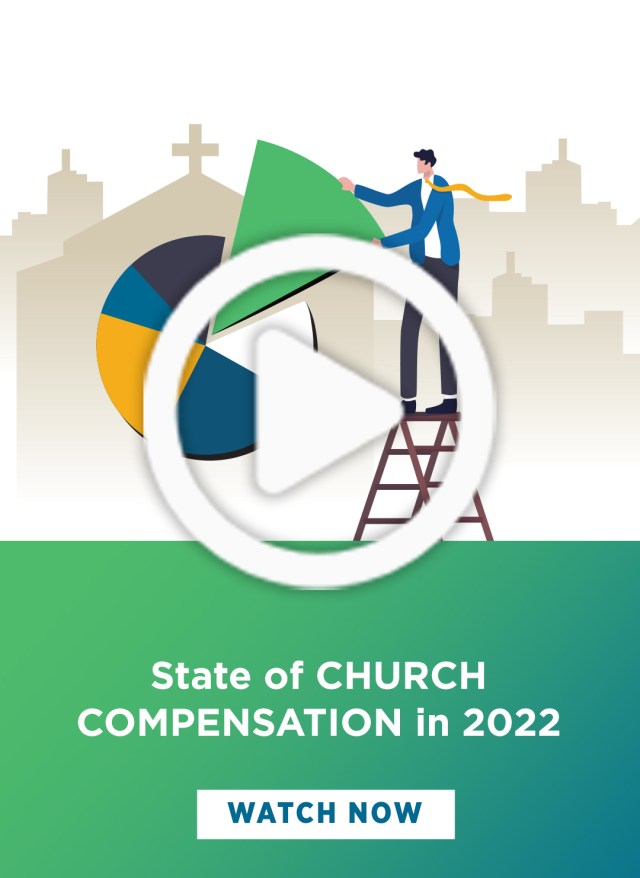Key point 7-20.4. A church may be legally responsible for assaults occurring on its premises if similar assaults occurred on or near the premises in the recent past and the church failed to take reasonable precautions.
A federal district court in Colorado ruled that a movie theater in Aurora, Colorado, could be liable for the acts of an armed assailant who killed 12 patrons. On the night of July 20, 2012, James Holmes entered the Century Aurora 16 theater complex in Aurora, Colorado, purchased a ticket for the midnight premiere showing of The Dark Knight Rises, and took a seat in Auditorium 9. During the previews he left the auditorium through the exit door to the outside, leaving it propped open with a plastic clip. He went to his car, which he had parked immediately behind the auditorium, donned body armor and a gas mask, and armed himself with a tear gas canister, a shotgun, a rifle, at least one handgun, and extra ammunition. Twenty minutes after the movie started Holmes reentered the auditorium through the exit door, disbursed tear gas, and began randomly shooting patrons. After killing 12 individuals and wounding many others, Holmes returned to his car, again through the exit door, and waited there until he was arrested by police.
Several victims and their families sued the theater and its parent company (the “defendants”) claiming that the injuries and deaths could have been prevented had the defendants taken reasonable steps to provide security for its patrons. The defendants asserted that the shootings were so unprecedented as to be legally unforeseeable, and therefore they had no legal duty to protect against such acts. They asked the court to issue a summary judgment in its favor on the ground that they neither knew nor should have known of this danger because the danger was unforeseeable as a matter of law.
In support of its position, the defendants relied on a 1987 case in California in which a state appeals court ruled that McDonald’s was not liable for the deaths and injuries caused by an armed assailant at one of its restaurants in California. Lopez v. McDonald’s Corporation, 238 Cal. Rptr. 436 (Cal. App. 1987). In 1984, an adult male walked into a McDonald’s restaurant armed with a rifle, a handgun, and a shotgun and indiscriminately shot patrons and employees, ultimately leaving 21 people dead and 11 others injured. Survivors and surviving family members sued McDonald’s, arguing that the restaurant was in a high-crime area; that it had considered, but ultimately declined to retain, a private security company; and that McDonald’s should be liable on theories of negligence and premises liability. McDonald’s countered that, as a matter of law, the incident was so unlikely as to fall outside the boundaries of a restaurant’s general duty to protect patrons from reasonably foreseeable criminal acts. The court agreed with McDonald’s that its general duty to its patrons did not include protection against a “once-in-a-lifetime” massacre. In affirming the trial court’s grant of summary judgment, a state appeals court concluded:
We conclude as a matter of law … that the unforeseeability of the unique, horrific event requires negligence liability to be restricted here. First, as to the foreseeability of harm to plaintiffs, the theft-related and property crimes of the type shown by the history of its operations, or the general assaultive-type activity which had occurred in the vicinity bear no relationship to purposeful homicide or assassination. In other words, under all the circumstances presented, the risk of a maniacal, mass murderous assault is not a hazard the likelihood of which makes McDonald’s’ conduct unreasonably dangerous. Rather, the likelihood of this unprecedented murderous assault was so remote and unexpected that, as a matter of law, the general character of McDonald’s nonfeasance did not facilitate its happening. [The suspect’s] deranged and motiveless attack, apparently the worst mass killing by a single assailant in recent American history, is so unlikely to occur within the setting of modern life that a reasonably prudent business enterprise would not consider its occurrence in attempting to satisfy its general obligation to protect business invitees from reasonably foreseeable criminal conduct.
The Colorado court did not disagree with this reasoning, but observed that “what was so unlikely to occur within the setting of modern life as to be unforeseeable in 1984 was not necessarily so unlikely by 2012 … . If one Googles ‘mass shooting incidents’ one finds dozens of lists of the major incidents.” The court referenced an article that lists 31 mass shooting incidents between the 1984 McDonald’s disaster and the Aurora shootings. These incidents occurred in “schools, businesses, military bases, shopping malls, a supermarket, on a train, in an immigration center and, as we now know, in a theater.”
The court acknowledged that the plaintiffs had not discovered “any instance of an assailant’s entering a theater auditorium through a surreptitiously propped open exit door and committing a violent act against someone watching the movie.” However, the court declined to rule that nothing short of a previous similar act in another theater could possibly support the existence of a genuine dispute of fact. It observed:
To establish that an incident is foreseeable, it is not necessary that an owner or occupier of land held open for business purposes be able to ascertain precisely when or how an incident will occur. Rather, foreseeability includes whatever is likely enough in the setting of modern life that a reasonably thoughtful person would take account of it in guiding practical conduct … . Simply because something has not yet happened does not mean that its happening is not foreseeable. Instead, foreseeability is based on common sense perceptions of the risks created by various conditions and circumstances … .
One such relevant fact in the setting of modern life is simply the changed landscape in which any school or base or business where large numbers of people congregate operated in July 2012. Although theaters had theretofore been spared a mass shooting incident, the patrons of a movie theater are, perhaps even more than students in a school or shoppers in a mall, “sitting ducks.” One might reasonably believe that a mass shooting incident in a theater was likely enough (that is, not just a possibility) to be a foreseeable next step in the history of such acts by deranged individuals.
The court concluded that the violent acts in this case were not so overwhelmingly unforeseeable as to deny the plaintiffs their day in court. The case now proceeds to trial.
At the end of its ruling, the court conceded that the plaintiffs will have many “hurdles” in pursuing their claims at trial, including the following:
(1) What should a reasonable theater have done before July 2012 even if it recognized that a shooting by an armed assailant “could happen to us?” The problem “is illustrated by the example of schools. What do we reasonably expect a school to do even now when we know that school shootings have become a repeated phenomenon?” Whether the defendants “reasonably could be expected to have implemented any specific additional security measure in light of what was known at the time and the realities of the theater business is not an easy question to answer.”
(2) Would any reasonable preventive measure or combination of measures have stopped the assailant in this case?
What This Means For Churches:
This case is instructive for one reason—while recognizing that a theater’s liability for the acts of an armed assailant require that those acts be reasonably foreseeable, the court concluded that “to establish that an incident is foreseeable, it is not necessary that an owner or occupier of land held open for business purposes be able to ascertain precisely when or how an incident will occur. Rather, foreseeability includes whatever is likely enough in the setting of modern life that a reasonably thoughtful person would take account of it in guiding practical conduct … . Simply because something has not yet happened does not mean that its happening is not foreseeable. Instead, foreseeability is based on common sense perceptions of the risks created by various conditions and circumstances.”
This expansive definition of foreseeability suggests that a church could be liable for the acts of armed assailants even if no similar acts have occurred on church property. Such rulings support the implementation of reasonable risk management procedures on church premises during worship services and other events. We have addressed this issue in prior issues of this newsletter, and suggested several ways to manage this risk, recognizing that the risk can never be eliminated entirely. Working with local law enforcement, your insurance company, and an attorney in formulating your response will be crucial. Another resource is the 38-page guide released in 2013 by the Federal Emergency Management Agency (“FEMA”) to assist churches in responding to several emergencies, including “active shooters.” The guide, titled “Developing High Quality Emergency Operation Plans for Houses of Worship,” is available at fema.gov. It is addressed fully in the November/December 2013 issue of this newsletter, which is available in the archives on ChurchLawAndTax.com and as a part of Preventing a Violent Incident at Your Church, a downloadable Feature Report available on ChurchLawAndTaxStore.com. Axelrod v. Cinemark Holdings, Inc., 2014 WL 4470728 (D. Colo. 2014).
* See also “Privacy,” Clay Center Christian Church, 746 F.3d 375 (8th Cir. 2014), in the Recent Developments section of this newsletter.




